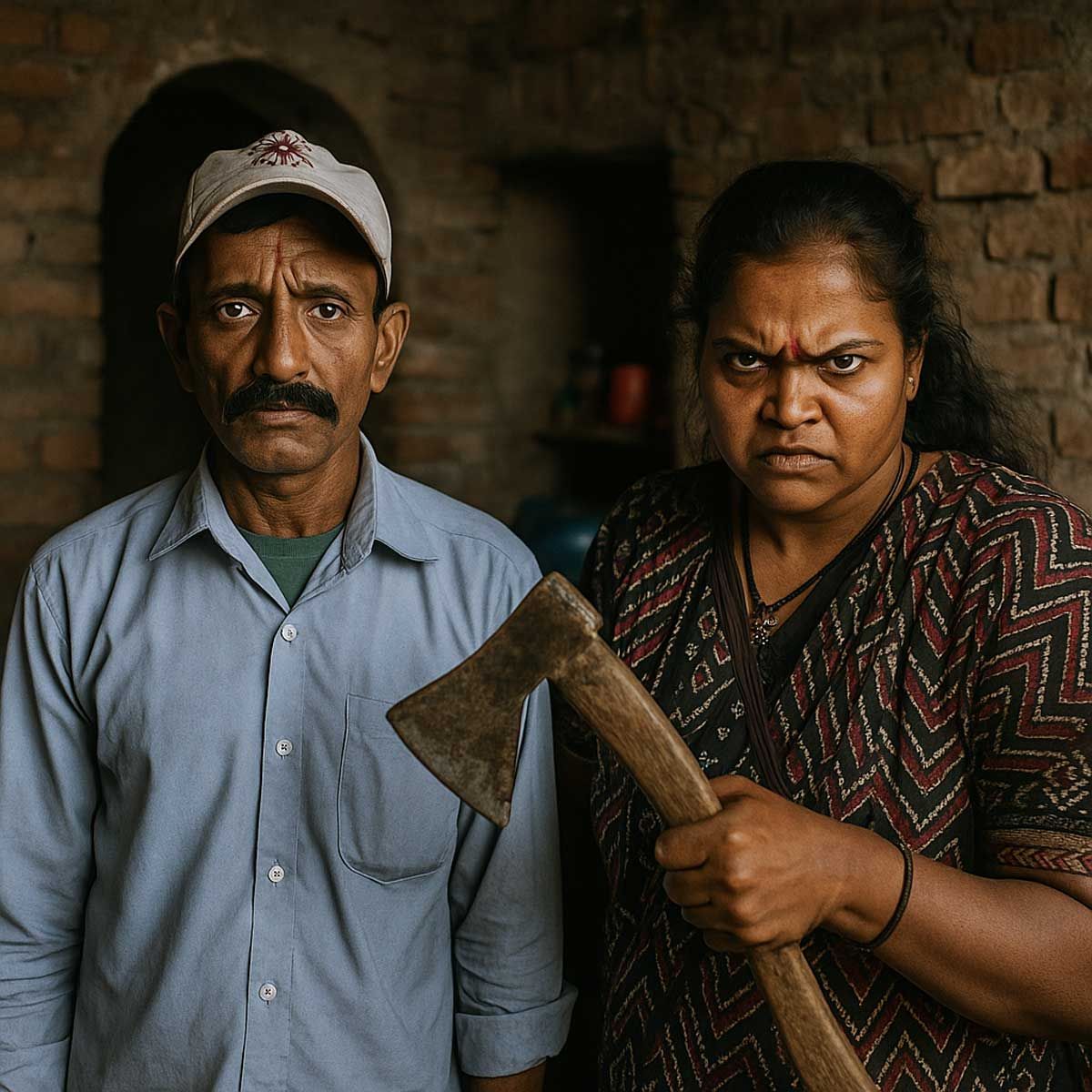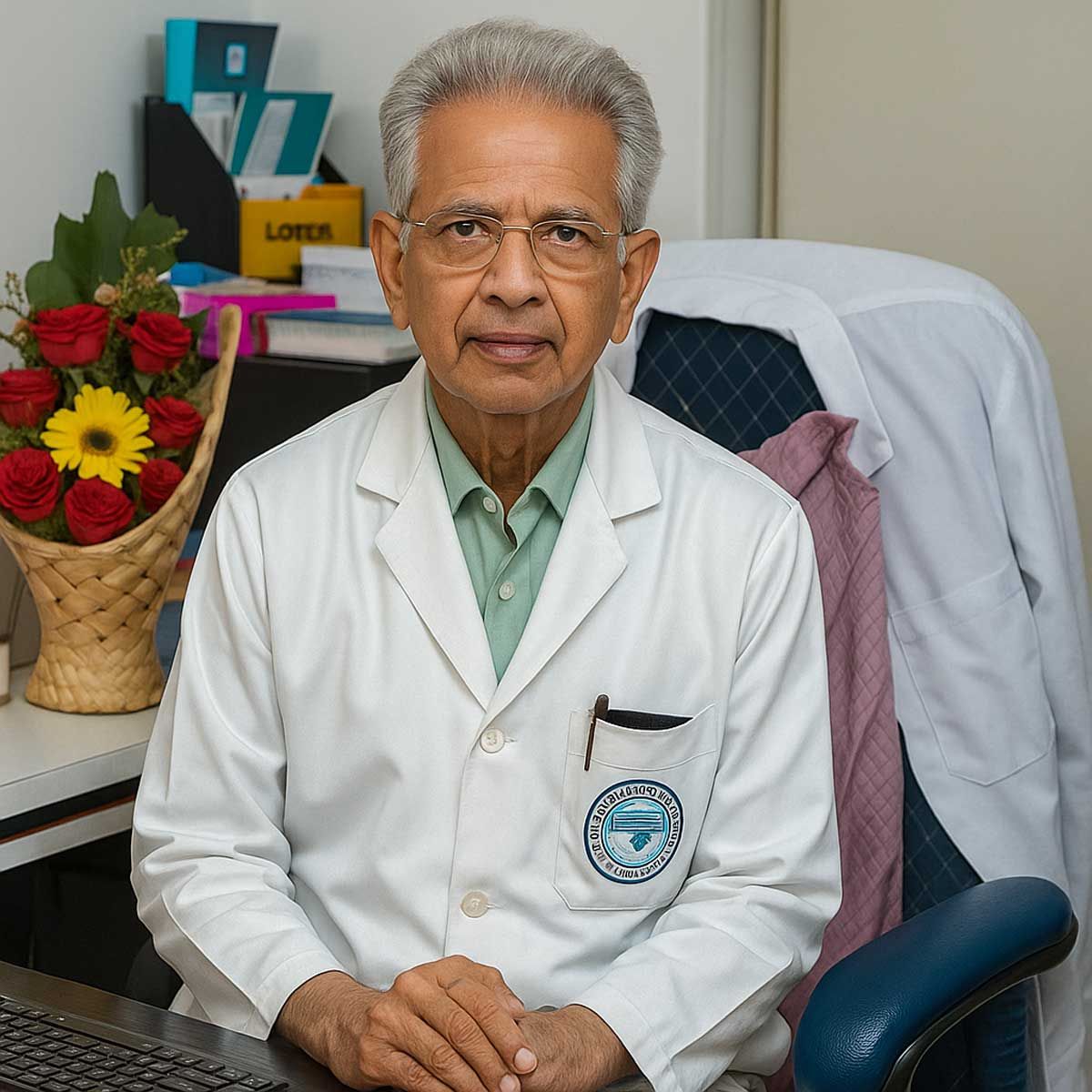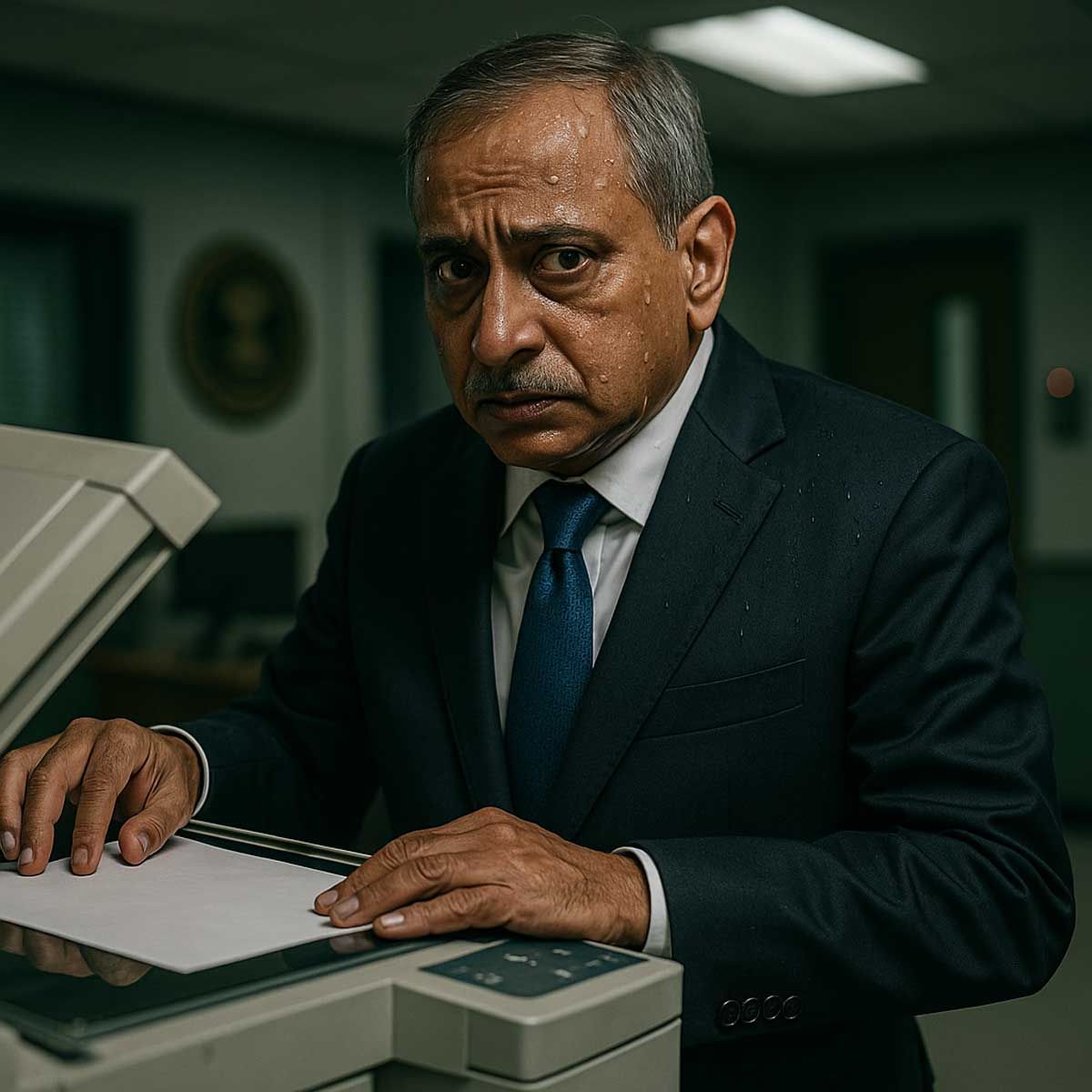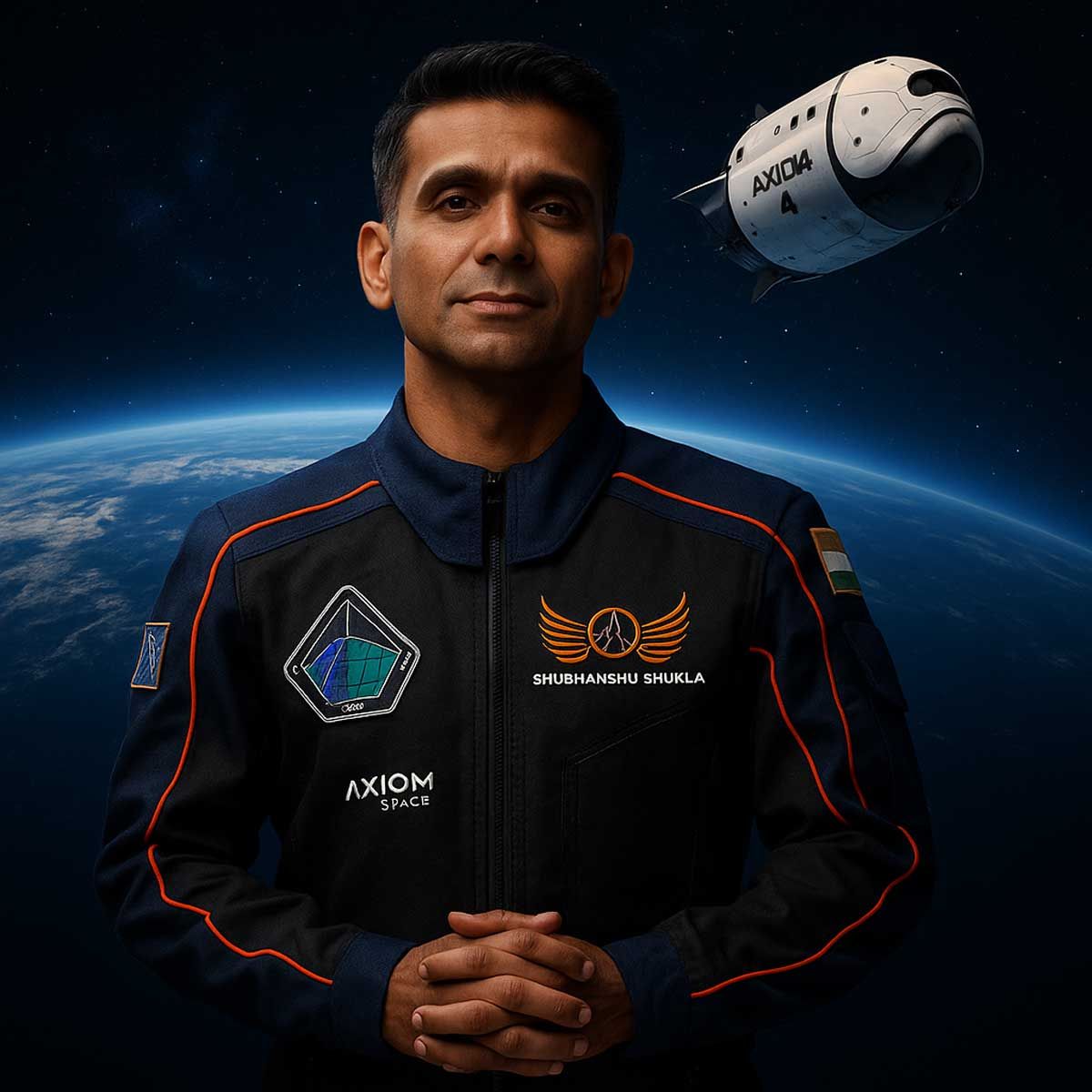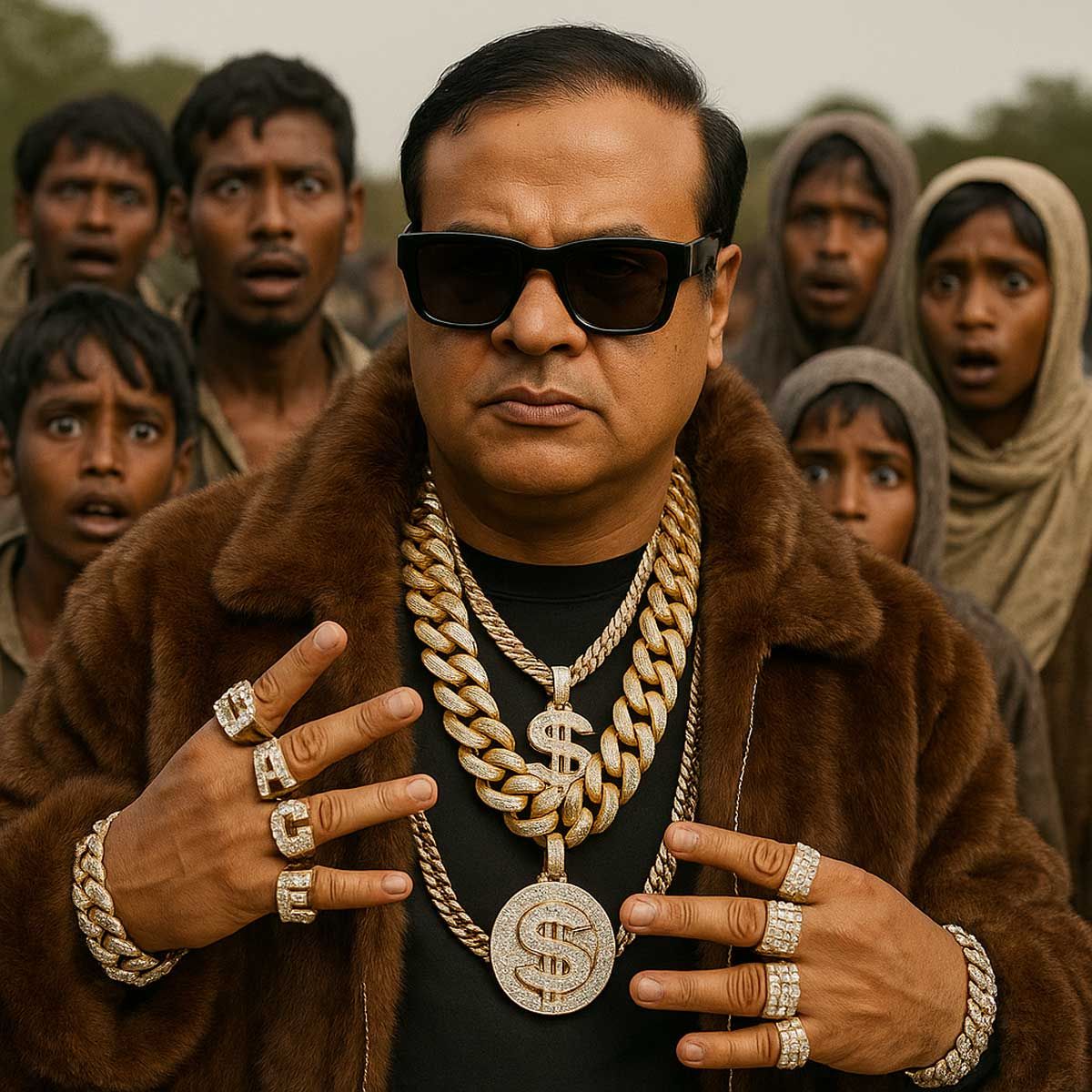More Coverage
Twitter Coverage
Satyaagrah
Written on
Satyaagrah
Written on
Satyaagrah
Written on
Satyaagrah
Written on
Satyaagrah
Written on
JOIN SATYAAGRAH SOCIAL MEDIA
"The pen and the written word hold a great deal of power": France ‘defence major Safran’ to jointly develop and manufacture an engine that will boost India’s twin engine advanced multi-role combat aircraft as a part of ‘Make In India’ on 100% ToT terms
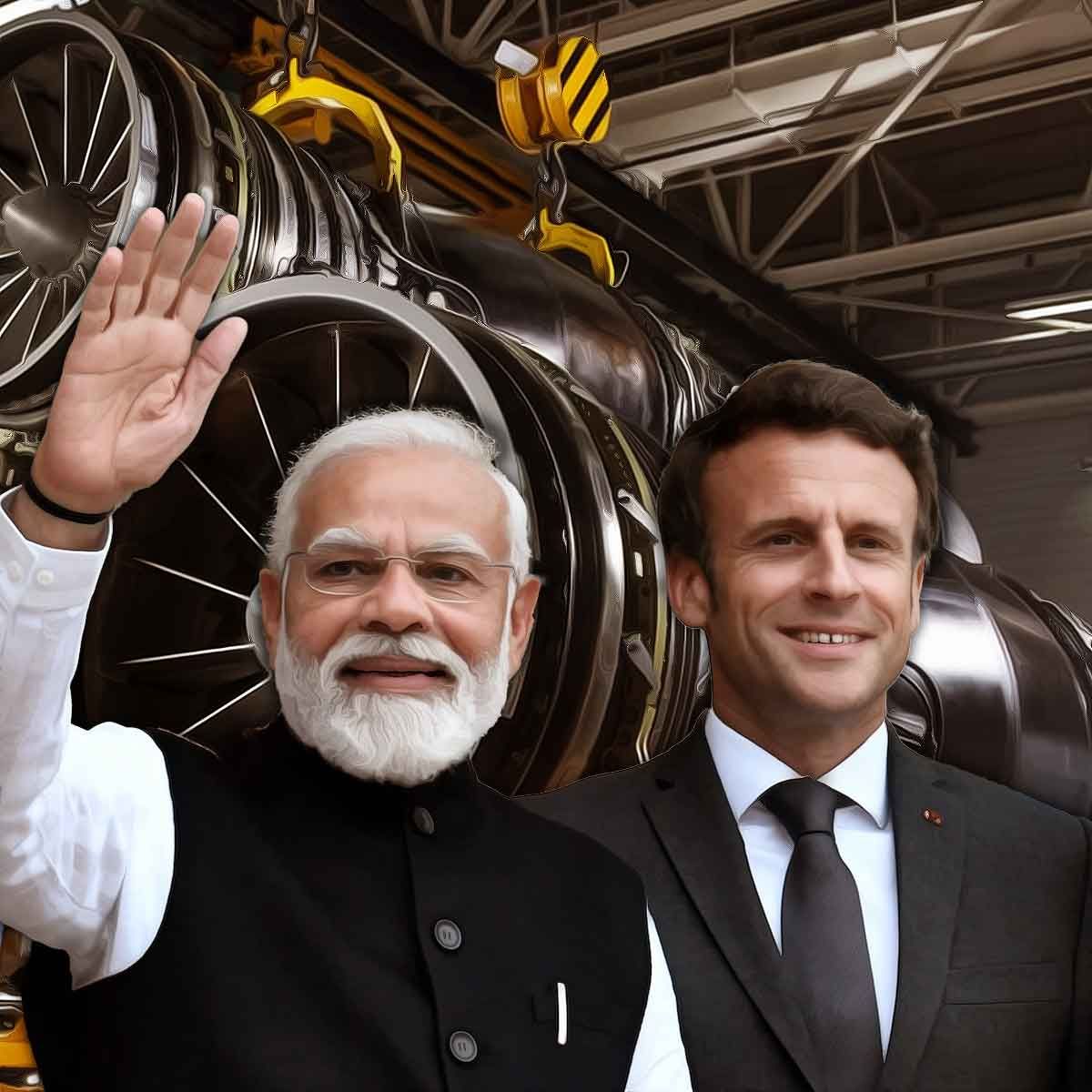
Brimming with excitement and marking a new era of growth for India, the government led by Emmanuel Macron in France has approved Safran, the globally recognized defense giant, to collaborate in a pioneering project with India.
|
This project aims to collectively conceptualize, design, develop, test, validate, and eventually manufacture a powerful engine that will serve as the heart for India’s twin-engine advanced multi-role combat aircraft (AMCA), and the twin-engine deck-based fighter slated for Indian aircraft carriers.
This decision coincides with Prime Minister Narendra Modi's forthcoming two-day diplomatic tour to Paris. This significant announcement comes from France, one of India's strongest allies, stepping up to make an offer that goes beyond the revolutionary GE-414 engine deal previously negotiated with the United States, according to sources familiar with the matter.
Safran, the leading French jet engine manufacturer, has conveyed its readiness to transfer comprehensive technology for jet engines capable of powering future generation fighter jets. The company has begun preliminary discussions on the subject, displaying an unwavering commitment to establish a long-term presence in India.
This Franco-Indian collaboration assumes great significance as India embarks on a bold, ambitious endeavor to develop an advanced multirole fighter jet. The Indian Air Force is adamantly advocating that this aircraft should be powered by an indigenous engine and equipped with domestically developed weapon systems.
|
In his inaugural comments as Safran's senior executive vice president, Alexandre Ziegler, who served as the French Ambassador to India until the previous year, mentioned that conversations have been initiated between the two nations for a potential collaboration for next-generation aircraft. He emphasized that the development of a homegrown fighter jet engine is crucial for maintaining strategic autonomy.
"If India decides to join forces with France in this specialized arena, we would be overjoyed and deeply honored to lend our expertise. We stand ready to offer a complete transfer of our cutting-edge technology and extensive know-how. This robust collaboration is the cornerstone of our partnership," the senior executive informed ET.
Safran, already partnering with India in several high-profile space projects and helicopter engines, is also a crucial supplier of systems for the Rafale fighter jets commissioned by the Indian Air Force. Ziegler added, "Our innovative technologies place France among the exclusive group of four countries globally that have mastered the entire development process of a fighter jet engine. Should India require our assistance in this particularly strategic area, we are fully prepared."
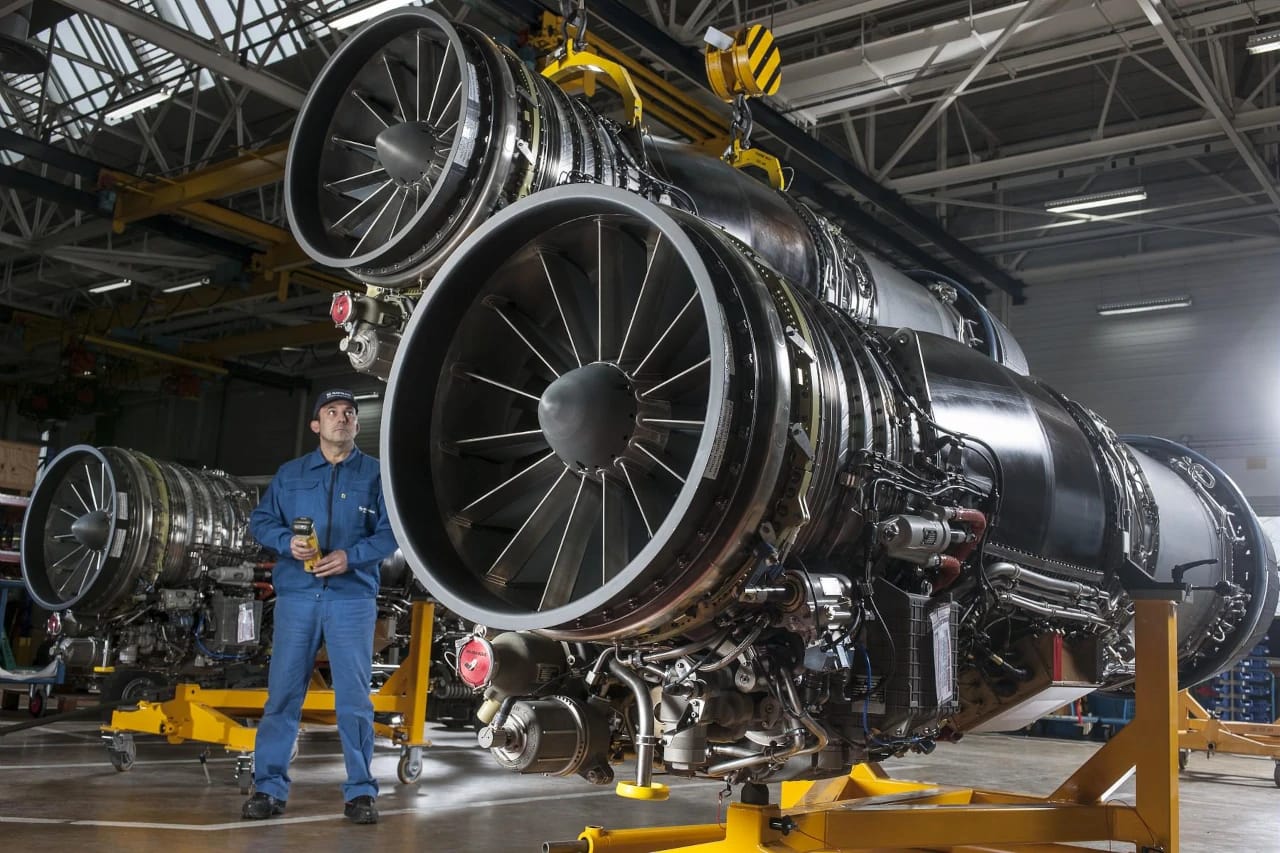 Safran (France) has offered full ToT for #HAL AMCA Mk-2 fighter engines. |
With complete backing from the French government, Safran stands committed to forging a solid partnership with India. Discussions on this subject have already commenced, informed Ziegler.
France has also been endeavoring to rejuvenate the plans for the indigenous development of the Kaveri jet engine, considered as part of the Rafale offsets deal. A detailed project briefing was made to the Defence Minister Rajnath Singh during his visit to Paris in October, showing how the nation is getting more involved in this strategic partnership. The future of India's air prowess is set for a dramatic upliftment, heralding an exhilarating phase of growth.
In a move that raises anticipation while paving the way for India's significant strides in defense technology, the French company Safran has proposed a deal to transfer 100% of the technology to India, free from the constraints of the US International Trade in Arms Regulation (ITAR). This groundbreaking collaboration intends to create a 110-kilo newton engine that will be fully "Made in India," showcasing India's growing prowess in the defense sector.
Although the government remains discreet regarding the details of this transaction, trusted insiders have confirmed the information. Notably, Dr. Samir V. Kamat, the chief of India's Defense Research and Development Organization (DRDO), recently paid a special visit to the Safran engine factory and the R&D center near Paris, coinciding with the 2023 Paris Air Show. The proposed engine has been a subject of ongoing discussions under the strategic dialogue led by India's Defence Minister and National Security Advisor with France.
On the 13th of July, Prime Minister Narendra Modi is scheduled to land in Paris to partake in the Bastille Day celebrations. This visit will also include a bilateral meeting with President Macron. Adding to the excitement, the Indian Air Force's Rafale fighter will join the Bastille Day fly-past on July 14, symbolizing the close ties between the two countries.
Safran's proposal encompasses the design and development of a completely new engine, along with new materials, novel architectural design, and full compliance with stealth requirements. All of these, inclusive of complete supply chains and ancillary manufacturing, will be based in India, promising a new wave of local jobs and expertise.
|
While the proposed deal ensures a highly competitive price per engine in US dollar terms, the comprehensive process—from design to certification of the manufactured engine—will span over a decade from the date of signing. An additional part of the deal entails Safran setting up a state-of-the-art center of excellence in India for gas turbine technology, equipped with advanced design and metallurgical precision software tools.
The DRDO has strived since 1996 to deliver on the Kaveri jet engine, but challenges related to metallurgical tools, rotating parts, single crystal blade technology, and high-pressure engine core have hindered progress. Safran's proposal aligns perfectly with its upcoming facility in Hyderabad for maintaining, repairing, and overhauling (MRO) LEAP engines used by Airbus's A320 and Boeing's 737 aircraft. This facility will also serve as an MRO for the M-88 engine, powering the Rafale fighter.
The scale of this deal's impact becomes clearer considering that Air India alone needs approximately 800 LEAP engines for its extensive aircraft purchase from Airbus and Boeing. Importantly, Safran's offer includes the complete hot section of the engine, encompassing the rotating parts, critical single crystal blade technology, and high-pressure compressor.
|
While the existing M-88 engine of the Rafale fighter with the Indian Air Force generates a thrust of 75-80 kilo newton, the new French offer—incorporating tie-ups with Indian defense PSUs and local private enterprises—promises a higher thrust engine. This powerful engine aligns with the requirements of the AMCA or TEDBF, currently under development by the Aeronautical Development Agency (ADA) under DRDO. Safran is already collaborating on a 125 KN engine for France's next-generation fighter. Furthermore, Safran engines are currently employed in the helicopters produced by Hindustan Aeronautics Limited (HAL). Both companies are reported to have agreed to co-develop an engine for Indian multi-role helicopters.
Safran has been proactive in establishing sourcing within India for engine parts needed for LEAP and M-88 at its Indian facilities and ancillary units, like a Lucknow-based company that manufactures titanium alloy parts for LEAP and Rafale engines.
Although this all-encompassing project—from design to flight—demands substantial investment of several billion euros, the French assert that their offer is extremely competitive by international standards. Notably, this offer brings the unique advantage of creating a comprehensive 360-degree capability and ownership of full engine technology by India, heralding a new era of self-reliance in the country's defense sector.
 Support Us
Support Us
Satyagraha was born from the heart of our land, with an undying aim to unveil the true essence of Bharat. It seeks to illuminate the hidden tales of our valiant freedom fighters and the rich chronicles that haven't yet sung their complete melody in the mainstream.
While platforms like NDTV and 'The Wire' effortlessly garner funds under the banner of safeguarding democracy, we at Satyagraha walk a different path. Our strength and resonance come from you. In this journey to weave a stronger Bharat, every little contribution amplifies our voice. Let's come together, contribute as you can, and champion the true spirit of our nation.
 |  |  |
| ICICI Bank of Satyaagrah | Razorpay Bank of Satyaagrah | PayPal Bank of Satyaagrah - For International Payments |
If all above doesn't work, then try the LINK below:
Please share the article on other platforms
DISCLAIMER: The author is solely responsible for the views expressed in this article. The author carries the responsibility for citing and/or licensing of images utilized within the text. The website also frequently uses non-commercial images for representational purposes only in line with the article. We are not responsible for the authenticity of such images. If some images have a copyright issue, we request the person/entity to contact us at This email address is being protected from spambots. You need JavaScript enabled to view it. and we will take the necessary actions to resolve the issue.
Related Articles
- “We’re going to bomb them back into the Stone Age”: As Global power dynamics are generating a situation of Cold War 2, IAF gets terrific for Indians and terrifying for India’s foes with offensive & defensive strike-capable equipment for future wars
- "Made in India, admired worldwide": India's defense prowess shines globally, from hosting Brazil's Army Commander to Tata & Bharat Forge's artillery feats, the nation champions a global defense mantle, all under the 'Aatmanirbhar Bharat' umbrella
- "This will remain the land of the free so long as it is the home of the brave": Indian Army to operate with a plethora of AI-aided equipment with improved operational success and a decrease in fatalities, MoD using at least 75 AI products and technologies
- "21 new roads, 64 bridges, tunnels, airstrips & helipads": India fortifies its frontier, unveiling mega projects along the China border, heralded by Raksha Mantri Rajnath Singh, not only amplifying national security but fostering connectivity and unity
- "The worst feeling is not being lonely, sometimes it is being forgotten by someone you can't forget": Forgotten legacy - Rakesh Sharma became the 1st Indian to orbit space in 1984, carrying out scientific experiment for the joint Indo-Soviet Space Mission
- "Grant what thou commandest and then command what thou wilt": India's military set for a historic revamp - The first test-bed ITC slated for a debut this August, revolutionizing the armed forces' structure, other commands to follow ‘One Border One Force’
- "As a young citizen of India, armed with technology and love for my nation, I realize, a small aim is a crime": Recurring incidents of MiG-21 plane crash forced IAF to retire 51 Squadron Mig-21 Bison aircraft by Sept this year and the entire fleet by 2025
- “It is God’s duty to forgive the enemies, but it’s our duty to convene a meeting between the two”: Modi government allows Indian defence forces to get emergency powers to acquire critical weapon systems through a fast-track route without the MoD approval
- "Ability is Prabhu-given, prowess is earned": New Generation Ballistic Missile Agni Prime successfully flight tested by DRDO on 7th June from Dr APJ Abdul Kalam Island off the coast of Odisha, all the objectives of flight test successfully demonstrated
- “Smell the sea & feel the sky, Let your soul and spirit fly”: Creating history, an Indian Air Force woman fighter pilot, squadron leader Avani Chaturvedi, will be part of the Indian contingent for the aerial war games exercise Veer Guardian 2023 in Japan
- France: Islamic terrorist on watch list stabs a woman police officer inside police station, injures two others in Nantes terror attack
- "It is not enough to stare up the steps, we must step up the stairs": On 2nd April 2023, Vikram Sarabhai Space Centre (ISRO) at Thiruvanthapuram, IAF "Chinook" helicopter lifted an aircraft and left it in the sky to fly for high-speed unmanned landing
- Lt Col Karanbir Singh Natt, Sena Medal 160 TA (JAKRIF), who heroically neutralized a terrorist in J&K in 2015 despite grave injuries, immortalized today, his undying courage, and family's enduring support etch him forever as an unwavering hero of India
- India's defence manufacturing soars with Make in India, reaching ₹1.27 lakh crore in 2023-24, fueled by iDEX, PLI, and Operation Sindoor's success, showcasing drones, missiles, and a 30-fold export surge to ₹21,083 crore, shining at Aero India 2025
- "Unity at Sea: AI, and Victory": Breaking silos, the Indian Navy embarks on a visionary voyage, harnessing Artificial Intelligence and fostering synergy with other defence arms, the journey to sculpt the future of victorious maritime battles begins now⚓















